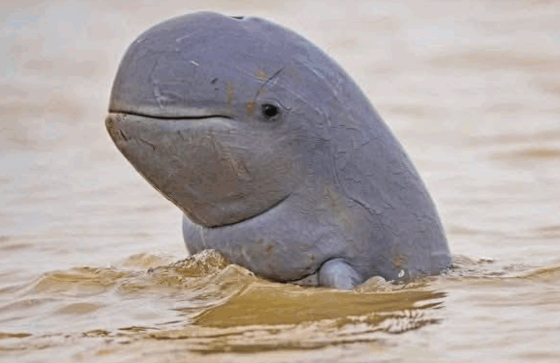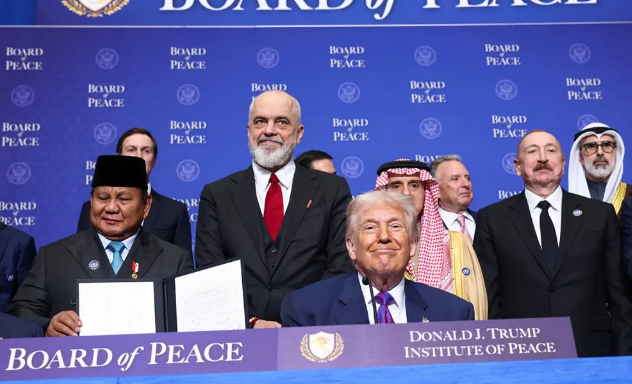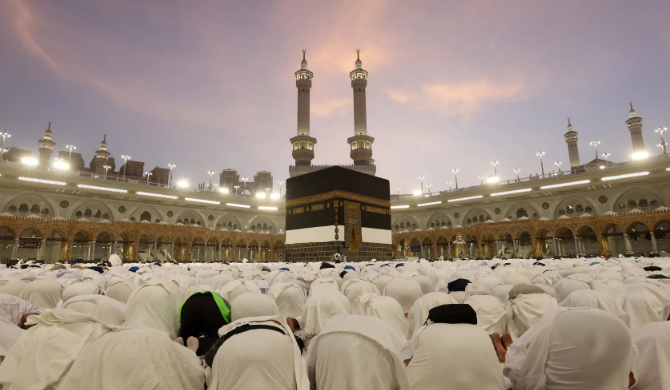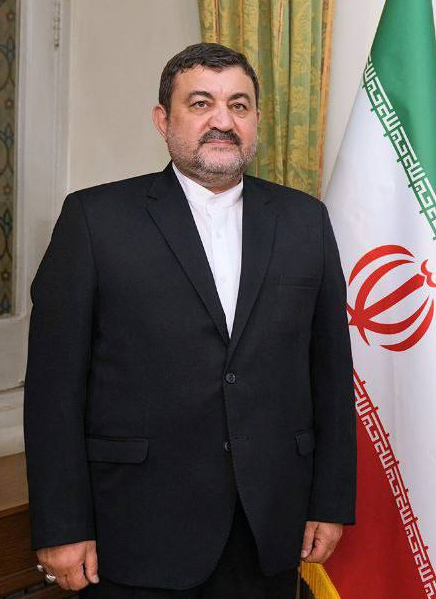
In the days around the Sharm el-Sheikh Summit, President Prabowo Subianto moved from a UN podium line to practical diplomacy. He positioned Indonesia as a country ready to contribute, on security, on humanitarian access, and on the political track that follows the ceasefire and hostage releases in Gaza. The message: Jakarta intends to act, not just observe. According to the Presidential Secretariat, he also “reaffirmed Indonesia’s commitment” to support peace and reconstruction in Gaza while in session at the venue.
Indonesia’s leverage after the Sharm el-Sheikh Summit
Prabowo chose visibility over distance. He stood alongside world leaders in Egypt as the ceasefire and prisoner-hostage swap took effect, while the United States pressed a tougher line on disarming Hamas and stabilizing the post-war phase. From the plenary stage and in hallway clips, President Trump publicly praised Prabowo’s role and readiness to help, a moment Jakarta quickly highlighted. For Indonesia, presence in the room matters. It signals that Jakarta is available for tasks it has already floated at the UN: deploying large peacekeeping contingents under a UN mandate and backing those missions financially. That offer, first aired in New York, now reads as a live option rather than rhetoric. On the eve of the summit, Prabowo instructed the TNI to ready a peacekeeping contingent, pending any Security Council mandate.
A separate moment drew headlines: a hot-mic exchange where Prabowo asked President Trump, “Can I meet Eric?” and Trump replied he would have his son call. The clip sparked questions at home because the Trump Organization has long-standing ties with Indonesian partners. Jakarta’s foreign minister downplayed the chatter, framing it as an off-stage aside between leaders who know each other. The optics debate will continue, but the core diplomatic story remains Indonesia’s bid to be a constructive player.
Beyond Gaza talking points
On the conflict itself, Prabowo’s line has been consistent. He supports a two-state outcome, insists Israel’s security must be guaranteed, and has said Indonesia could recognize Israel if Israel first recognizes Palestine. That stance, paired with readiness to send peacekeepers, gives Indonesia practical tools for a follow-on phase: monitoring a truce, protecting aid corridors, and supporting reconstruction. It also aligns with Indonesia’s long “free and active” tradition: non-aligned, but engaged.
Trump’s visit to Israel and his statements about disarming Hamas underscore how fragile the settlement remains. Aid restrictions, border closures, and unresolved remains of the deceased hostages add strain. These are precisely the gaps where an expanded UN role and countries like Indonesia could help stabilize the ground truth. If the Security Council mandates a mission, Jakarta can convert pledges into deployment orders.
Why this matters for Indonesia
Prabowo’s diplomacy is testing a new posture: moral language paired with deliverables. The Sharm el-Sheikh Summit gave him a stage to demonstrate that mix, and to show Indonesia’s relevance beyond Southeast Asia. There will be scrutiny—over business optics, over the pace of any UN mandate, and over whether the ceasefire holds. But the direction is clear. Indonesia is edging from supportive statements to potential responsibility on the ground, where peace is measured not by applause lines, but by civilians getting aid, borders reopening, and guns staying silent.




